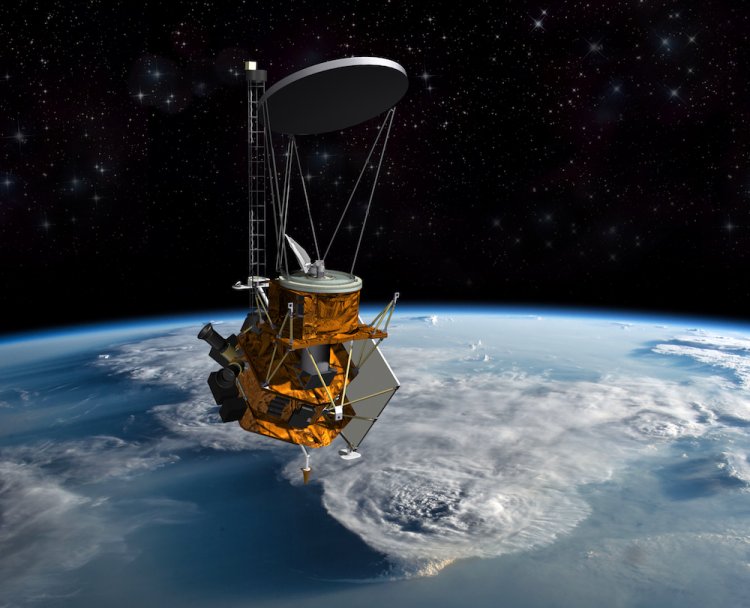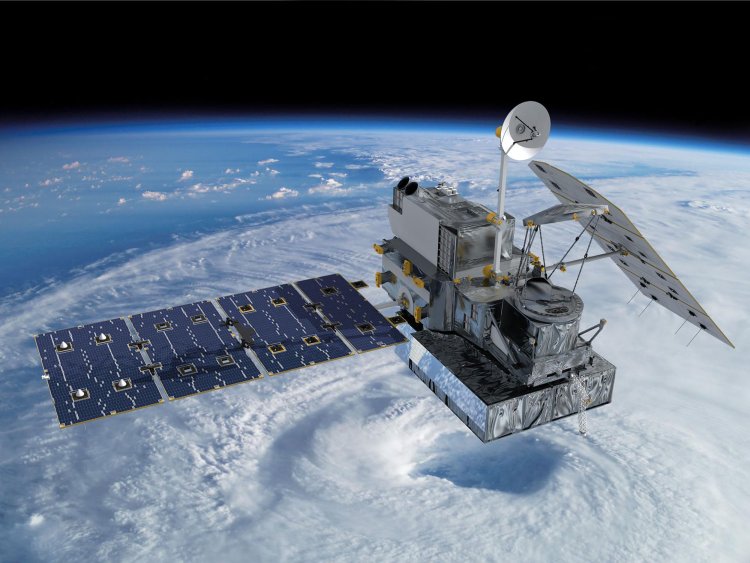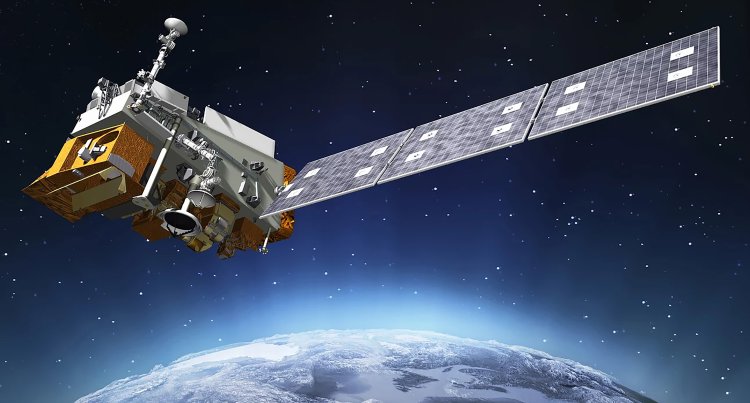Weather satellite and no fly zone .. what China doing
Taiwan's defense ministry said some debris from the missile launch fell in the "warning zone" off the island's northern coast, but that did not affect Taiwan's territorial integrity.

China has launched a weather satellite as civilian flights change routes to avoid a no-fly zone over northern Taiwan imposed by Beijing over the possibility of falling missile debris.
Fengyun 3G weather satellite
The China Aerospace Science and Technology Corporation, China's prime contractor for the space program, said the Fengyun 3G weather satellite was successfully launched from northwest Gansu Province at 9:36 am (0136 GMT).
The satellite then entered its designated orbit, the contractor said, describing the launch as a "complete success". Fengyun 3G is a low Earth orbit satellite designed to track precipitation.

no-fly zone
Taiwan's transport ministry said Beijing initially told Taipei it would impose a no-fly zone from Sunday to Tuesday, but later said that period had been reduced to 27 minutes on Sunday morning after Taiwan's protest.
War maneuvers
The no-fly announcement unnerved the region shortly after China began new war games over Taiwan, which Beijing regards as sovereign Chinese territory.
Carrying the satellite
it did not say the flight path of the Long March 4B rocket carrying the satellite, but the time coincides with China's earlier declaration on the no-fly zone.
China has said it is incorrect to call it a no-fly zone, even though Taiwan has issued a Notice to Airmen, or NOTAM, that uses the phrase "airspace blocked due to flight activity".

warning zone
Taiwan's defense ministry said some debris from the missile launch fell in the "warning zone" off the island's northern coast, but that did not affect Taiwan's territorial integrity.
Flights to and from Taiwan, China, Taiwan, South Korea, Taiwan and Japan were among those circling the region Sunday morning, according to routes tracked on Flightradar24. Normal flight paths resumed shortly after 10 am (0200 GMT).
The area is located in an area over the East China Sea slightly northeast of Taiwan that routinely sees heavy civilian air traffic.
Taiwan's Civil Aviation Administration said that in one hour starting at 9 a.m. (0100 GMT), 33 flights had to change routes, adding an extra 5 to 10 minutes of flying time.
China has denounced what it described as the hype about Chinese space activities and the attempt to escalate confrontation across the Taiwan Strait.


 Shrouq
Shrouq 












